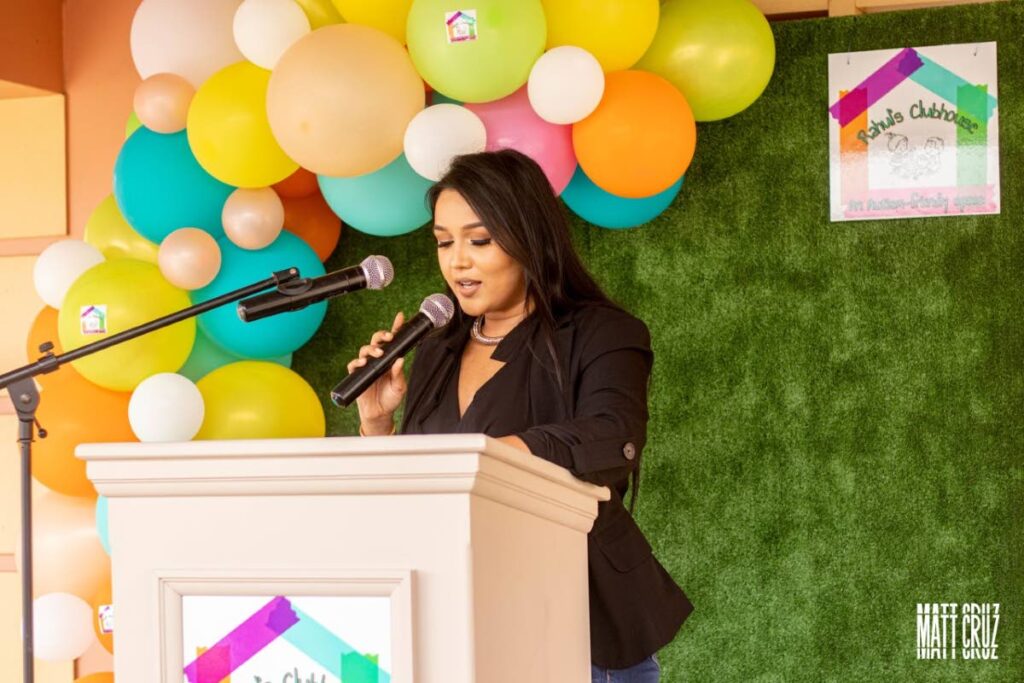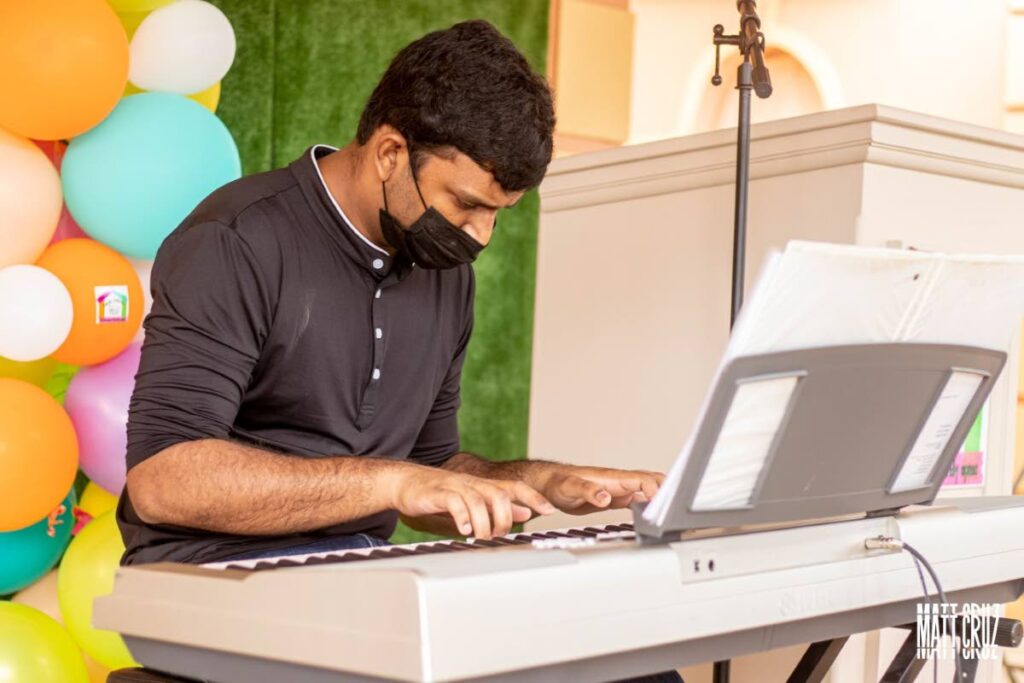60 years on, disability inclusion still lacking

DR RADICA MAHASE
Mahatma Gandhi once said, “The true measure of any society can be found in how it treats its most vulnerable members.” Our nation proudly celebrated 60 years of independence on August 31 and there was much fanfare. Indeed, 60 years is an accomplishment and should be celebrated.
While it is a time when we rejoice at all our accomplishments, it should also be a time when we evaluate what we have not achieved, what are our shortcomings and what more we can do as a nation.
This is most relevant regarding people with special needs and disabilities in general. Our present treatment of those with disabilities and special needs leaves a lot to be desired. While we have some policies, they continue to exist in theory and are severely lacking when it comes to actual implementation.
Our first Prime Minister, Dr Eric Williams, once told students that they carry the future of our country in their schoolbags, yet 60 years later, we have an education system that discriminates blatantly and has drastically failed to cater to the needs of children with special needs/disabilities.
There is a general lack of interest by governments and people in positions to make changes at a national level. In fact, disability/special needs are often faced with a sense of condescension from those in power; this group is treated as one that cannot contribute to the country’s development and consequently, there are very slow attempts made to provide for them in core areas such as education, health and employment.
If we are to look deeper, to try to ascertain the reasons for this general lack of interest and lack of disability inclusion, it is quite obvious that this group is not seen as political leverage to politicians in general.

We have a history of slow, inefficient and dysfunctional governance in Trinidad and Tobago, and politicians have no interest in changing this because they benefit from it. As the disabled population is a minority, politicians feel they can continue to ignore them or adopt very superficial ways to placate them, without any real consequences.
We often say that only when it hits home there will be an interest in it, that is, when politicians have children or relatives with special needs/disabilities will they make an effort to raise issues and influence change.
However, in TT this is not the case, because the politicians are the ones with the resources, the financial means to afford the private schools and tutors and all the necessary therapies and individual care, so they don’t need to become advocates for changes at a national level.
Disability inclusion continues because we have such low expectations of individuals with special needs/disabilities. In TT the general perception is that they are unable to contribute; they are a burden; and they will always be dependent on state welfare systems. Our culture does not promote inclusion; in fact it promotes negative stereotypes and discriminatory attitudes and behaviours.
In the age of social media, we have become bandwagonists and it is not yet fashionable to be advocates for social justice. As a people, we are too focused on politics and race rather than on real issues. Thus, sadly, TT citizens advocating for disability inclusion are not trending on social media.
Added to that, we are a country where people benefit from corruption. Translated, that means someone can use their "links" and "contacts" to get a building permit and get away with constructing a building with no disability access. Someone can park in a disabled parking spot because he/she is "someone important" or owns the business or knows the business owner or just doesn’t see anything wrong with doing so, because there are no consequences for their actions.
The voices of advocates are not loud enough to influence change. Advocates themselves operate in isolated groups; many are more interested in the benefits that they derive rather than actual, long-term changes at a national level. Advocacy is still mainly limited to people with disabilities/special needs and their families, and they are not taken seriously by those in power.
The majority of the population remains uneducated and judgemental towards people with special needs/disabilities. Thus inclusion seems as real as the pot of gold at the end of the rainbow.
As a nation, our attitude towards the special needs/disability population is one of seeking to pacify them, by providing little tokens. We do enough to make them feel they are being considered, but there is no real attempt to implement legislation to cater to them in the long term; to help them to become more independent; or to harness their potential as contributing citizens of TT.
Sixty years after independence, all we have to show is paper – reports and policy documents which paint a nice picture, enough to validate our lousy attempts as a nation.
Disability rights are basic human rights. A child should be included in education because it is that child's basic right. An adult with a disability should have equal access to employment opportunities like every other adult.
In short, every single citizen of TT should have equal access to opportunities and should be treated with respect. If, after 60 years after independence, we can still question the words of our national anthem and ask if here every creed and race really find an equal place, then we still have a long way to go.
Radica Mahase is the founder/director of Support Autism T&T


Comments
"60 years on, disability inclusion still lacking"